South Korean Vice Health Minister Park Min-soo said the mass resignation of medical professors in late March was "taking the lives and health of the people hostage".
"Even professors have announced that they will resign collectively unless their demands are met. This is a serious act of intimidation against the interests of the people. We must eliminate such collective actions in the medical field," Vice Minister Park said on March 17.
Mr. Park also reaffirmed that the government will not change its plan to increase 2,000 admission places to medical universities in 2025.
Previously, Korean medical professors decided to resign from March 25 to support striking doctors, but still ensure treatment for patients at the hospital.
The decision was made by professors at an online meeting of 20 universities held late on March 15. At the meeting, 16 of the 20 schools supported the decision to submit their resignations, which is considered an overwhelming number. The remaining are continuing to consider whether to participate, according to Bang Jae-seung, head of the council's emergency committee. South Korea has a total of 40 medical universities.
"This decision does not mean we are abandoning patients. But if the current situation continues, there will be irreparable damage to public health in the long term," Mr. Bang said at a press conference.
He said medical professors would do their best to treat patients until the resignation procedures were completed. The medical council argued the move was to prevent medical incidents. They said the government should withdraw its decision to increase the admission quota.
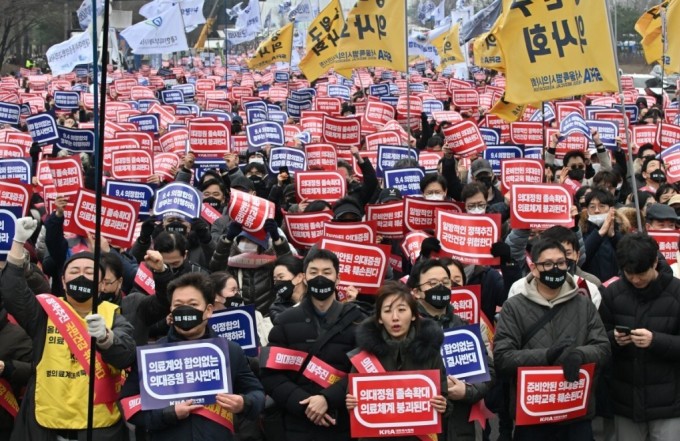
South Korean doctors protest in Seoul on March 3 against the government's increase in medical school admissions quotas. Photo: AFP
As of March 15, about 11,900 medical interns at 100 hospitals had quit their jobs in response to the authorities' recruitment plan. Tensions escalated when medical school professors also announced that they would resign en masse. Medical school professors, who are also senior doctors, play a pivotal role in treating severe and critical patients in Korea. The Ministry of Health has received more than 1,200 reports of affected patients whose treatment has been postponed.
The strike by South Korean resident doctors, which has lasted nearly four weeks, stems from the government’s plan to increase the number of medical school students by 2025 because the country has the lowest doctor-to-population ratio among developed countries. This will improve medical services in remote areas and meet the needs of the rapidly aging country.
Resident doctors say the country does not need more doctors because there are already enough, and that increasing enrollment will reduce the quality of training and medical services, arguing that the population is declining and Koreans have easy access to medical services. They urge the government to address low salaries and benefits, and improve legal protection against excessive medical malpractice lawsuits, rather than dramatically increasing the quota.
Khanh Linh (According to Yonhap )
Source link



![[Photo] Binh Trieu 1 Bridge has been completed, raised by 1.1m, and will open to traffic at the end of November.](https://vphoto.vietnam.vn/thumb/1200x675/vietnam/resource/IMAGE/2025/10/2/a6549e2a3b5848a1ba76a1ded6141fae)




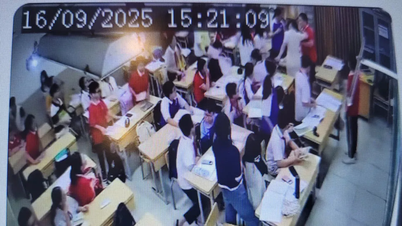



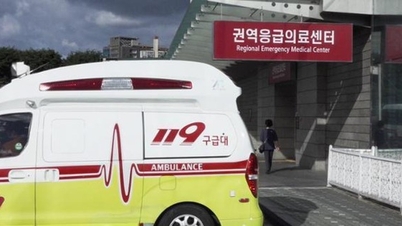

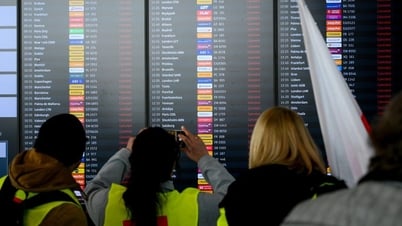

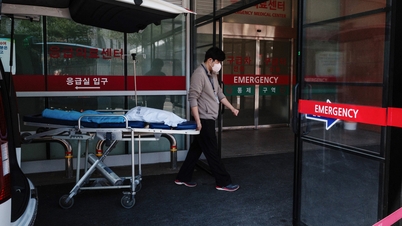
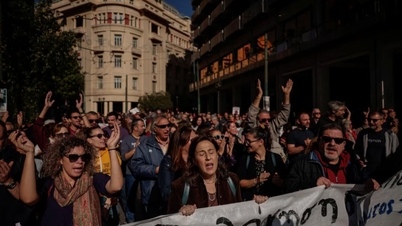

![[Video] Ministry of Health issues document to rectify medical examination and treatment work](https://vphoto.vietnam.vn/thumb/402x226/vietnam/resource/IMAGE/2025/10/2/54913f30a9934e18bcbb246c2c85f11d)


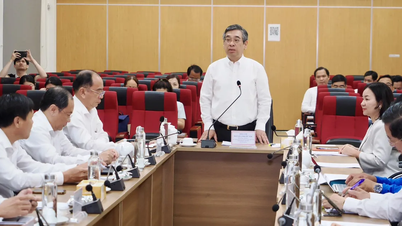
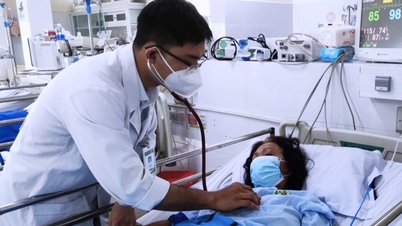

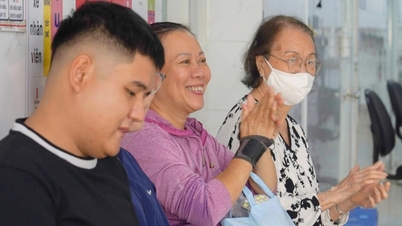
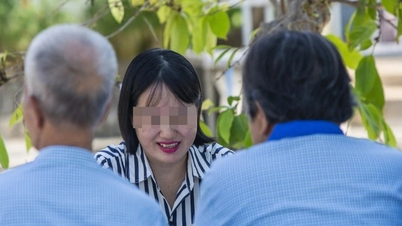


























































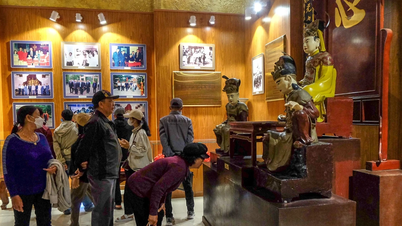

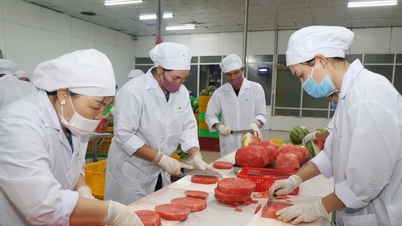


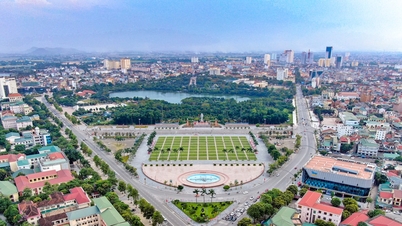

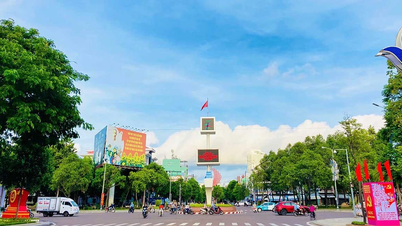













Comment (0)